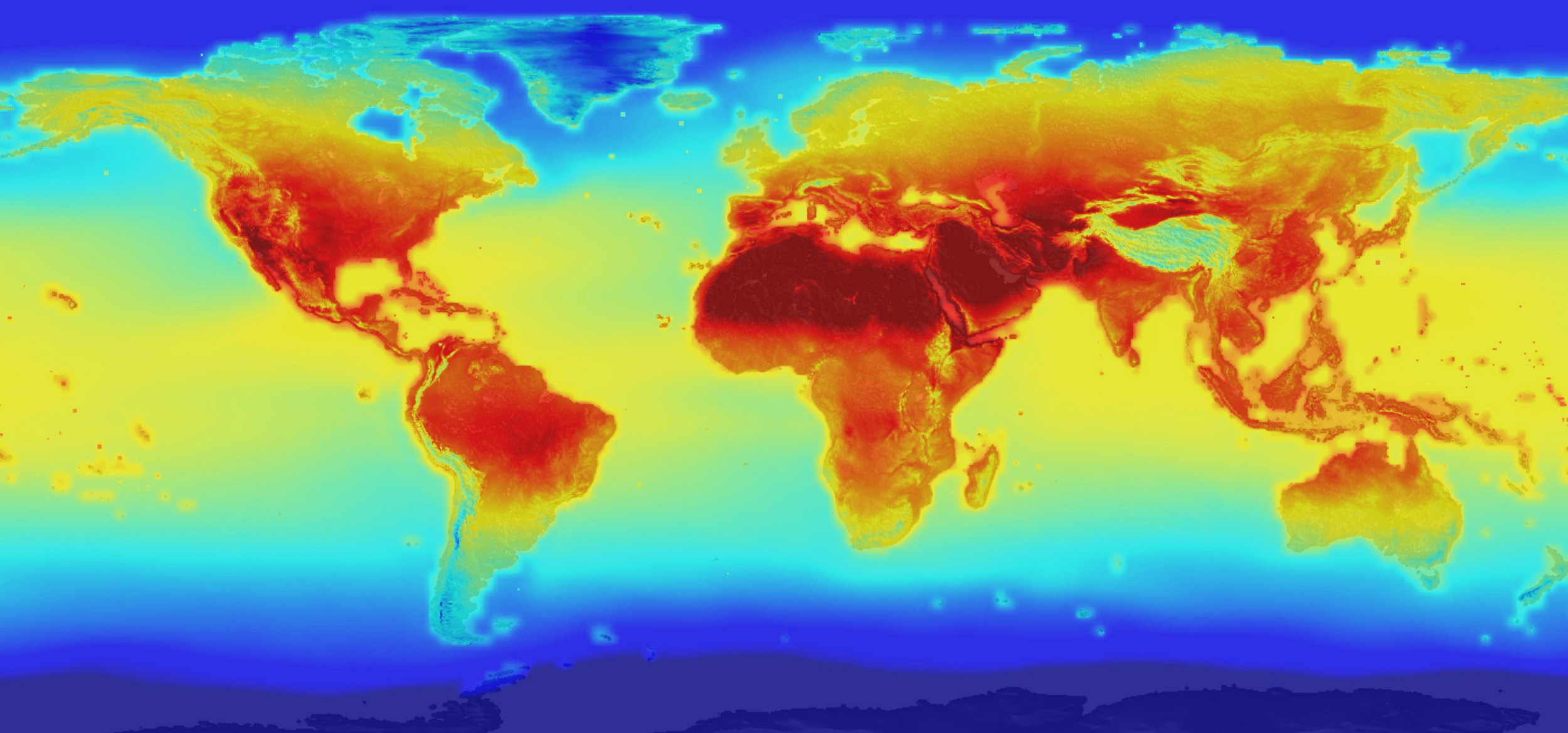Sheilla Lee
Climate change, a pressing issue that has been debated for decades, has now become a harsh reality. The effects of rising temperatures, melting ice caps, and unpredictable weather patterns are no longer limited to distant poles or remote corners of the world. Climate change has become a global problem, impacting human lives, the environment, and the very future of our planet.
One of the most devastating consequences of climate change is its impact on human health. Warmer temperatures and extreme weather events have led to a surge in heat-related illnesses, respiratory problems, and the spread of diseases. Heatwaves, once a rare occurrence, are now a regular feature in many parts of the world, claiming thousands of lives each year. The World Health Organization estimates that climate change is responsible for up to 15% of all premature deaths worldwide.
Climate change is also having a devastating impact on the environment. Rising sea levels are threatening coastal communities and island nations, displacing millions of people and destroying habitats. Melting glaciers and ice caps are disrupting ecosystems, causing the extinction of countless species, and altering the global water cycle. The consequences are not only ecological but also economic, as climate-related disasters are costing the world trillions of dollars in damages and losses.
Perhaps the most alarming consequence of climate change, however, is its impact on human migration and displacement. As climate-related disasters become more frequent and intense, millions of people are being forced to flee their homes, leaving behind everything they have ever known. This has led to a global refugee crisis, straining resources, and causing tensions to rise in many parts of the world.
But it’s not all doom and gloom. Climate change is also a catalyst for innovation, sparking a global race to develop clean energy solutions, sustainable technologies, and climate-resilient infrastructure. The transition to a low-carbon economy could create millions of new jobs, stimulate economic growth, and reduce carbon emissions.
So, what can we do? The time for debate is over; the time for action is now. Governments, corporations, and individuals must work together to reduce greenhouse gas emissions, transition to renewable energy sources, and adapt to the changing climate. We must also invest in climate-resilient infrastructure, support climate migrants, and promote sustainable development.
Climate change is a global problem that demands a global response. It’s a wake-up call for humanity, a reminder that our actions have consequences and that our future is at stake. We have the knowledge, the technology, and the resources to address this crisis. The question is, do we have the will?
As the world grapples with the devastating consequences of climate change, we must come together to address this crisis. We must recognize that climate change is not just an environmental issue but a human issue, affecting the most vulnerable among us. We must act with urgency, with compassion, and with a commitment to preserving the future of our planet. The clock is ticking. The time for action is now.















